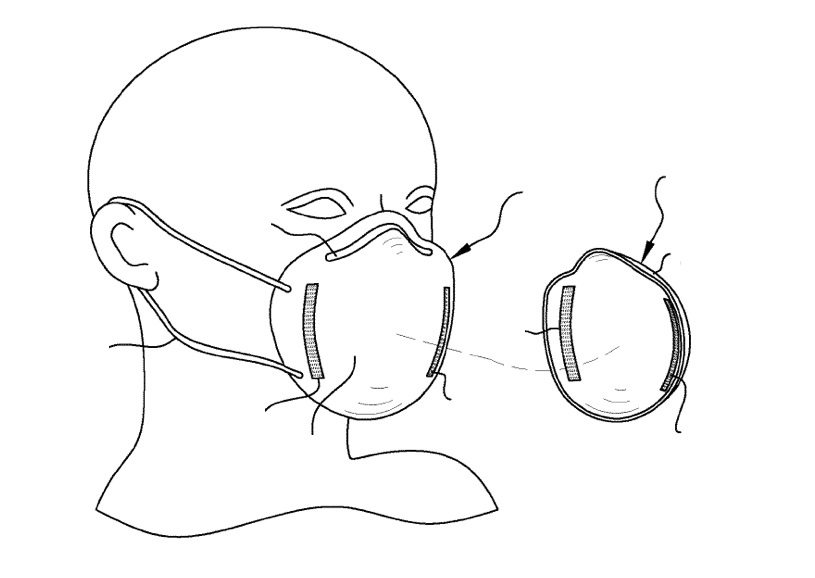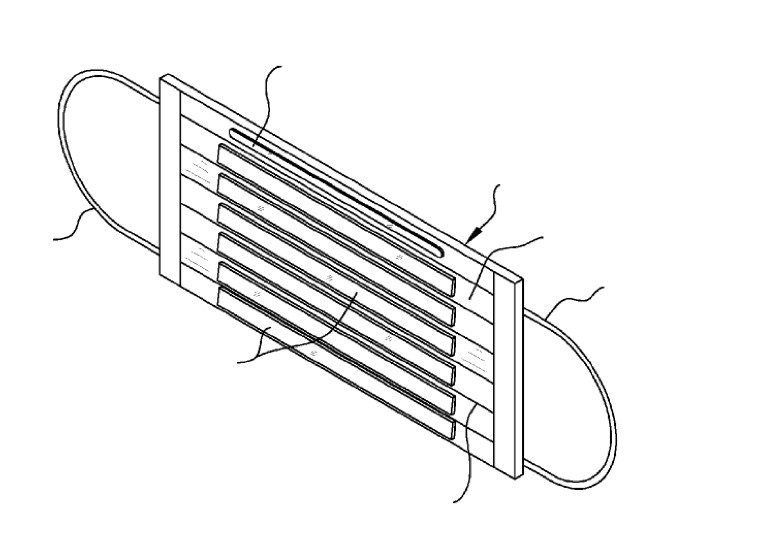Prof. Khalid Almalki Obtains Patent for Medicated Face Mask System
Prof. Khalid Hassan Almalki, Consultant Phoniatrician and Associate Professor at the College of Medicine and Supervisor of the Research Chair of Voice and Swallowing Disorders at King Saud University, has been granted a patent by the United States Patent and Trademark Office for his invention titled "Face Mask System."
While face masks are suitable for their intended purpose of preventing the passage of germs, commercially available face masks do not provide the ability of dispensing medication to a wearer to help alleviate symptoms of some illnesses such as colds. Therefore, there is a need for a new and improved face mask system for effectively dispensing a medication to a user.
The face mask system generally includes a face mask with a medication and/or scented material that is dispensed to a wearer via the air breathed into the respiratory system. The medicated face mask preferably provides relief of cold and flu symptoms such as coughs, nasal congestion and rhinorrhea. The medication is dispensed via:
1. A "removable medicated cover" that is attached to the outer surface of the face mask. If the medication within the medicated cover begins to lose its level of medicinal effectiveness, the user removes the medicated cover from the face mask and attaches a new medicated cover to continue the aromatherapy treatment.

2. "Strips" attached to the outer surface of the face mask. More than one medication can be utilized on different medicated strips of the same face mask.

The medicated face mask system is either rectangular-shaped or bowl-shaped and it has different sizes that are suitable for adults and children. The face mask system can be worn:
During sleep to inhale the medication overnight (nighttime model).
During the day, and one or more deflectors can be attached to the upper part of the face mask to deflect the medication from contacting the eyes of the wearer if the medication used causes eye irritation (daytime model).

This invention is considered one of the accomplishments of the Research Chair of Voice and Swallowing Disorders at King Saud University.

